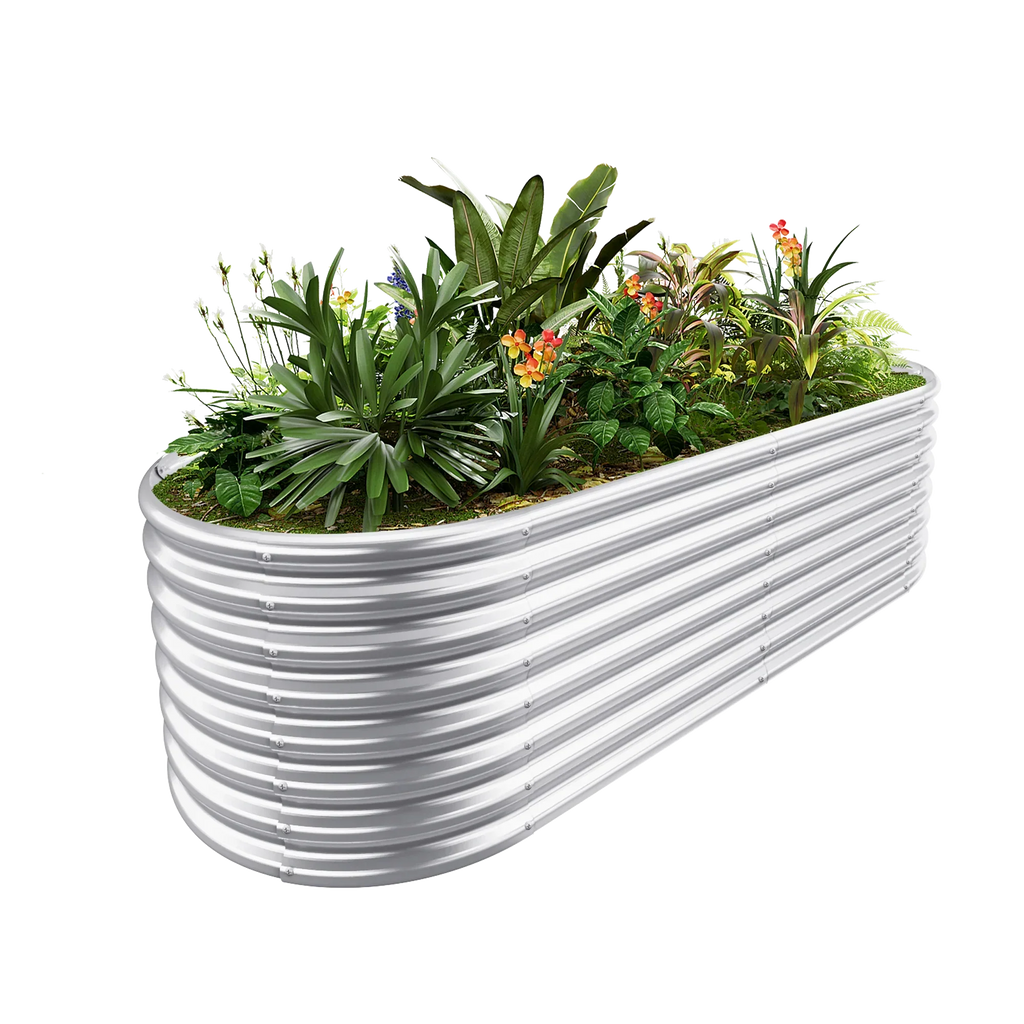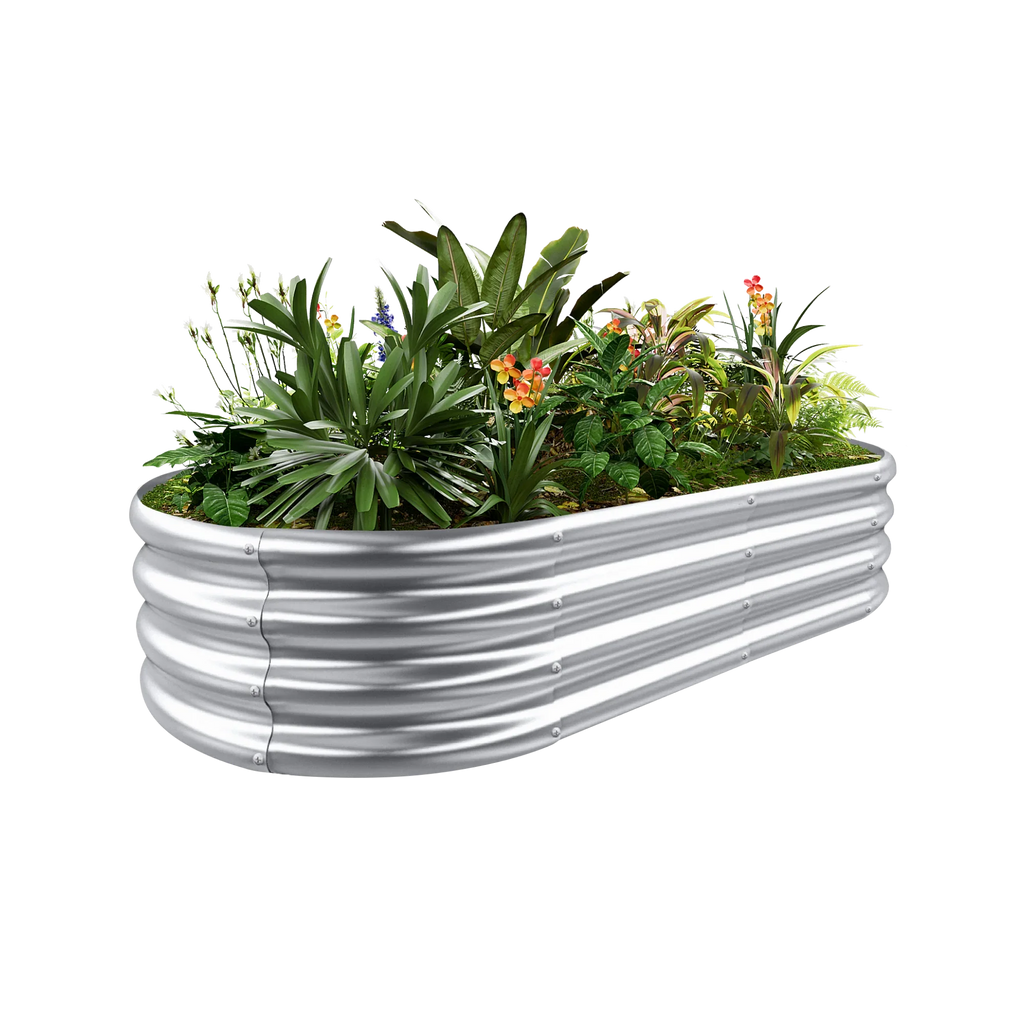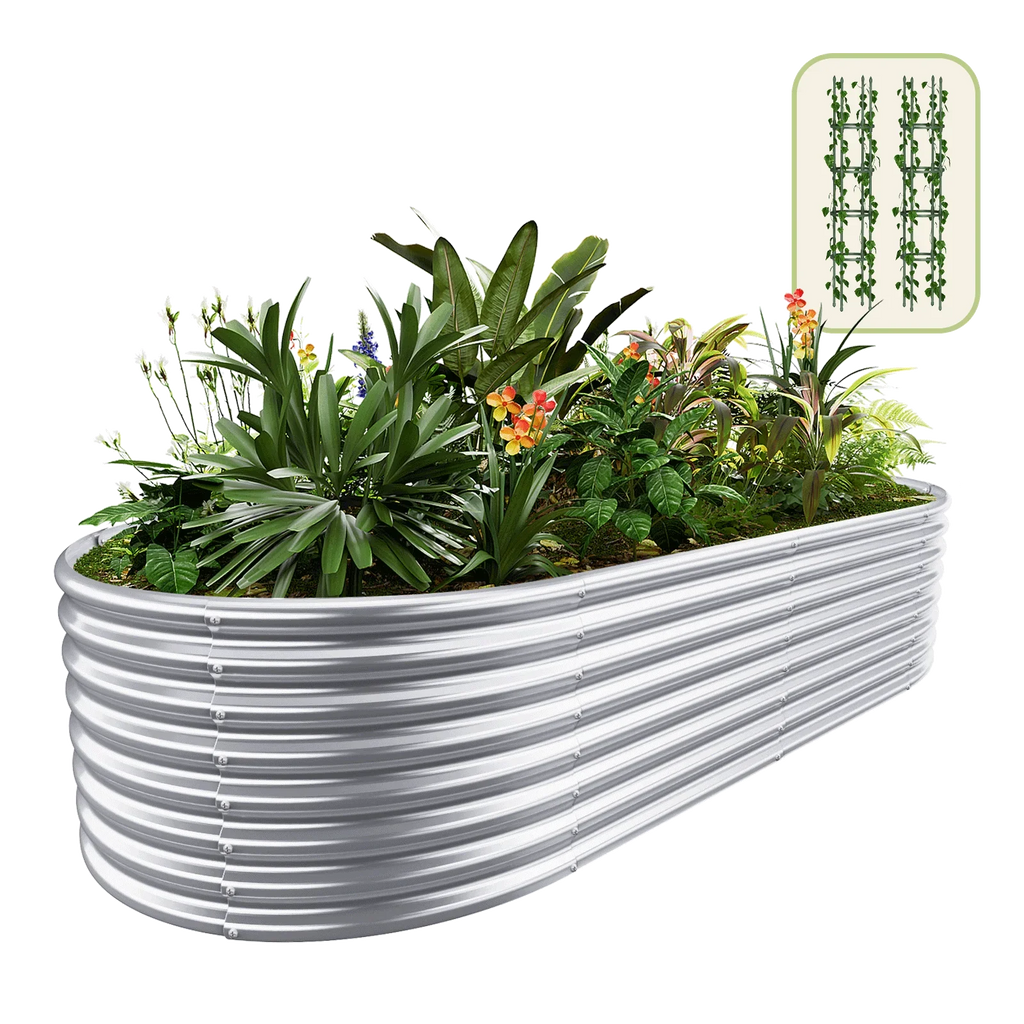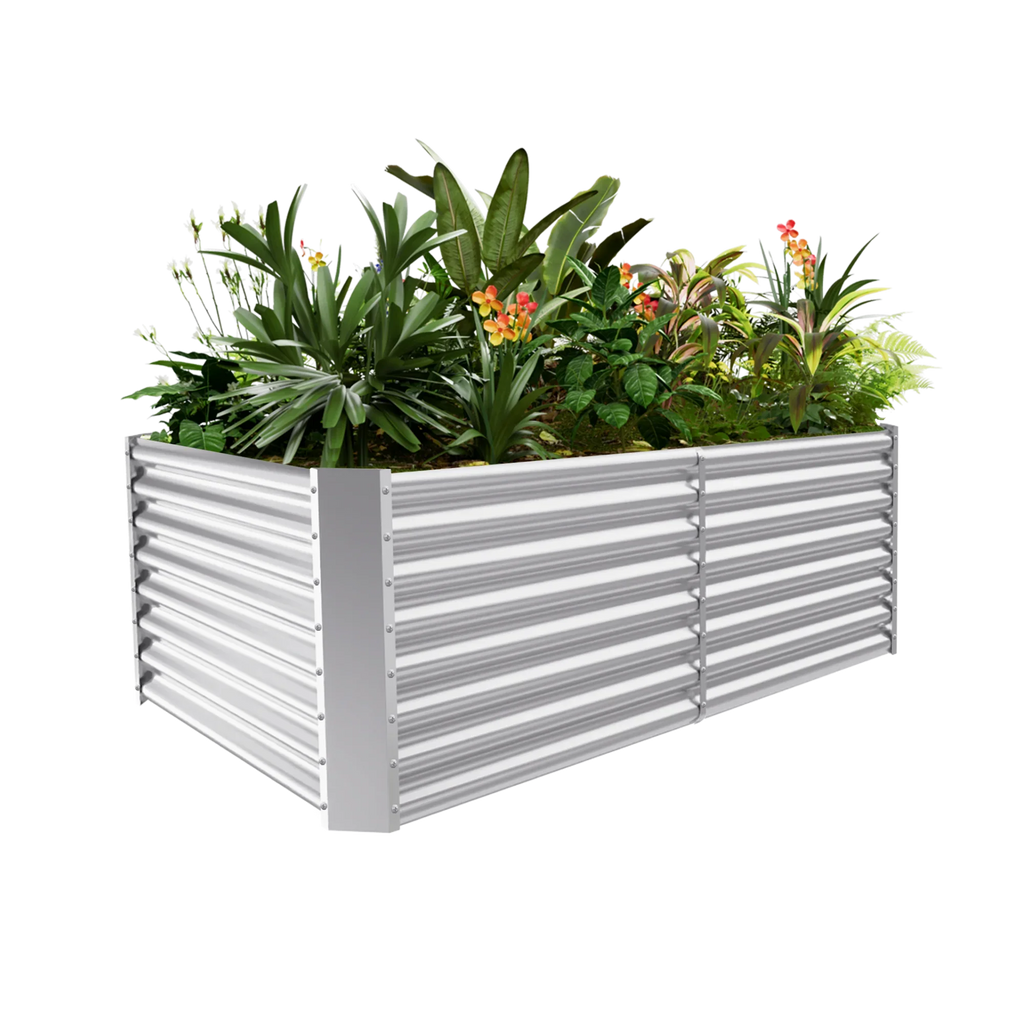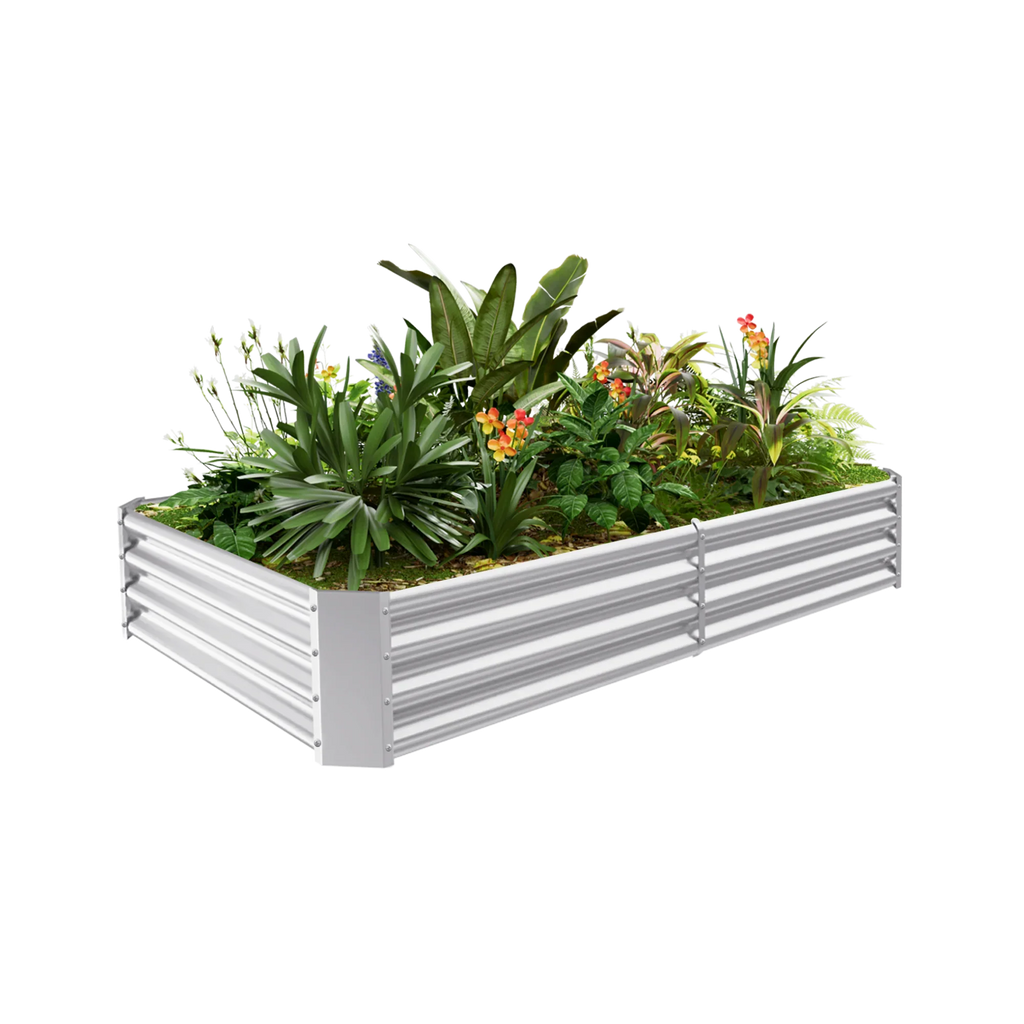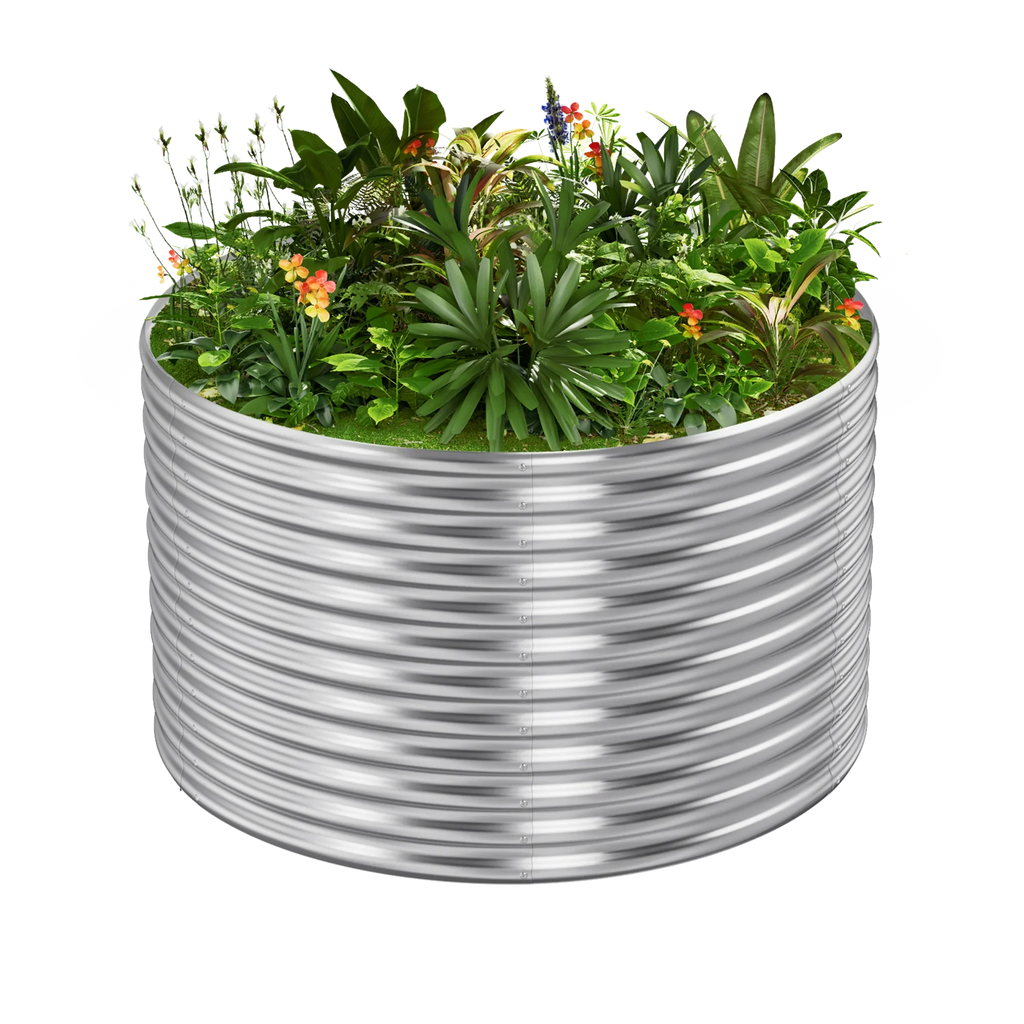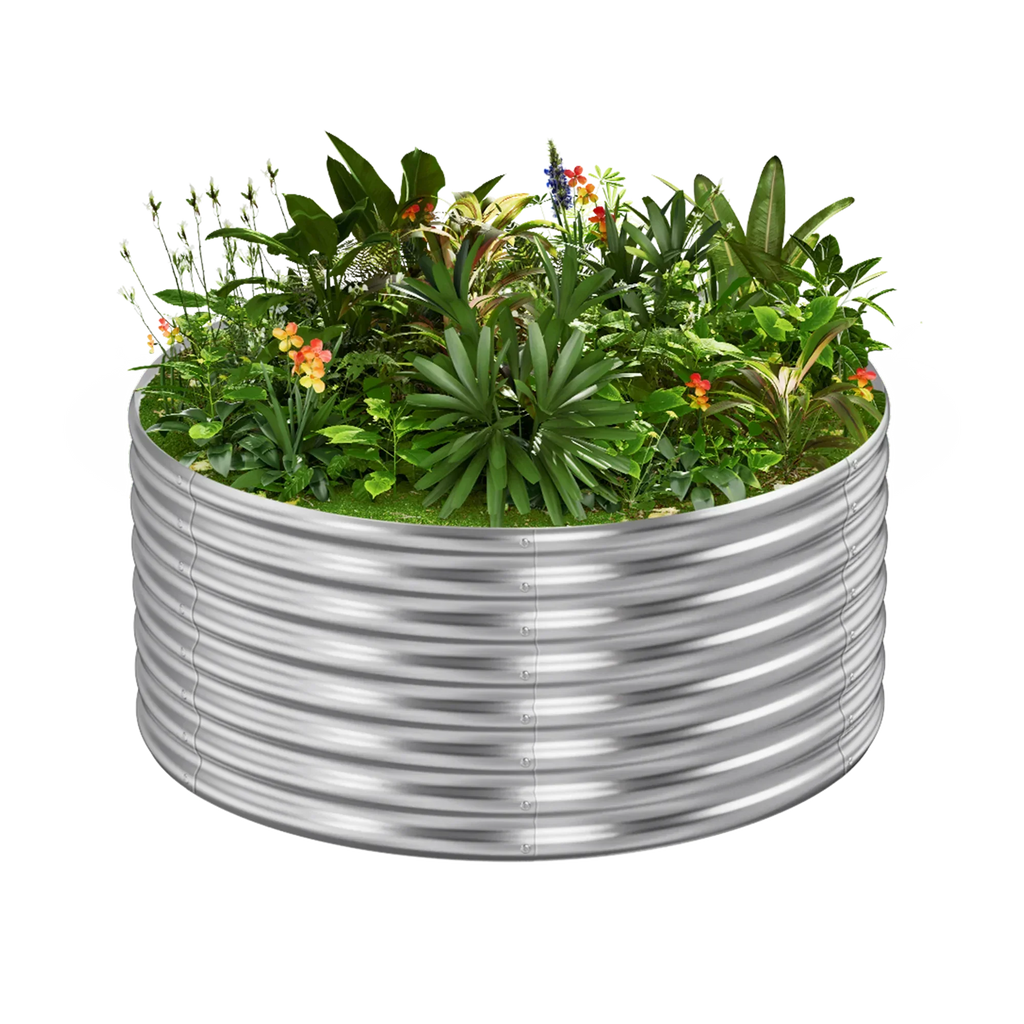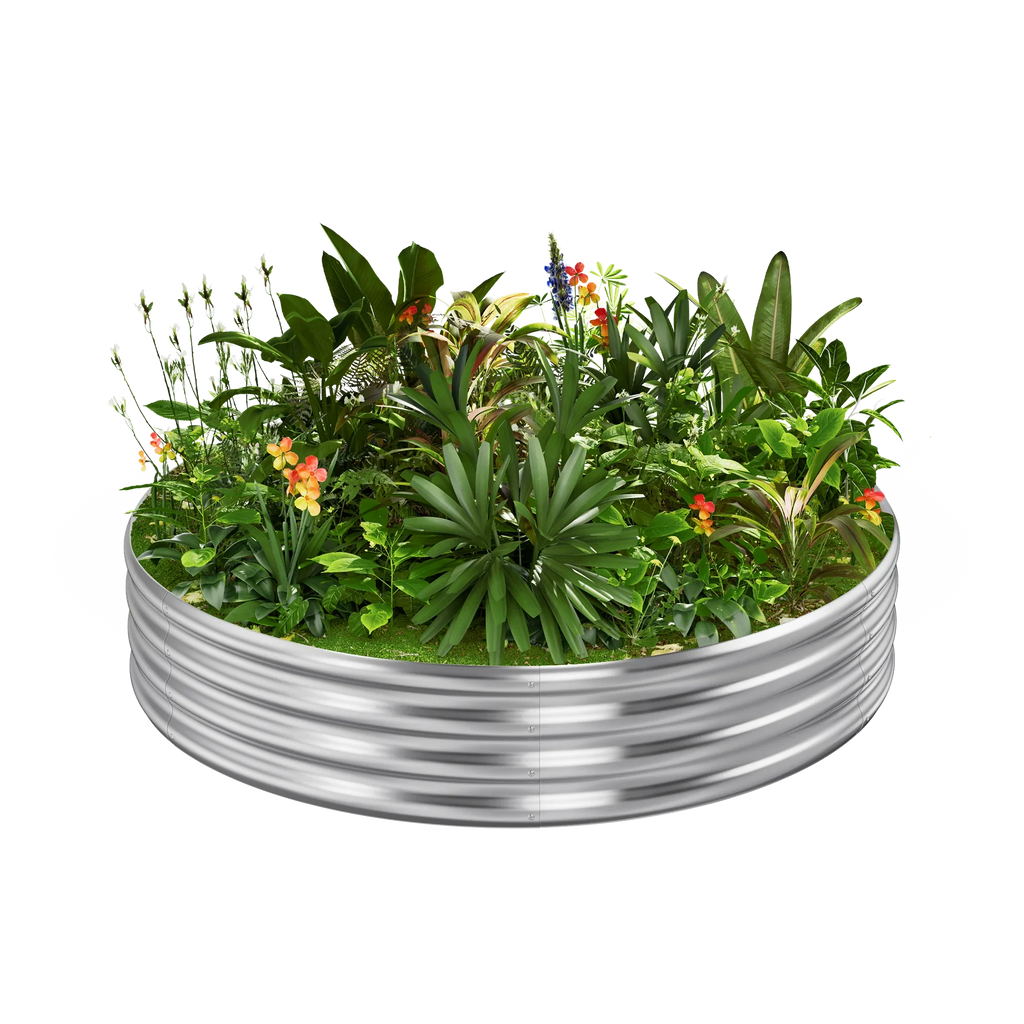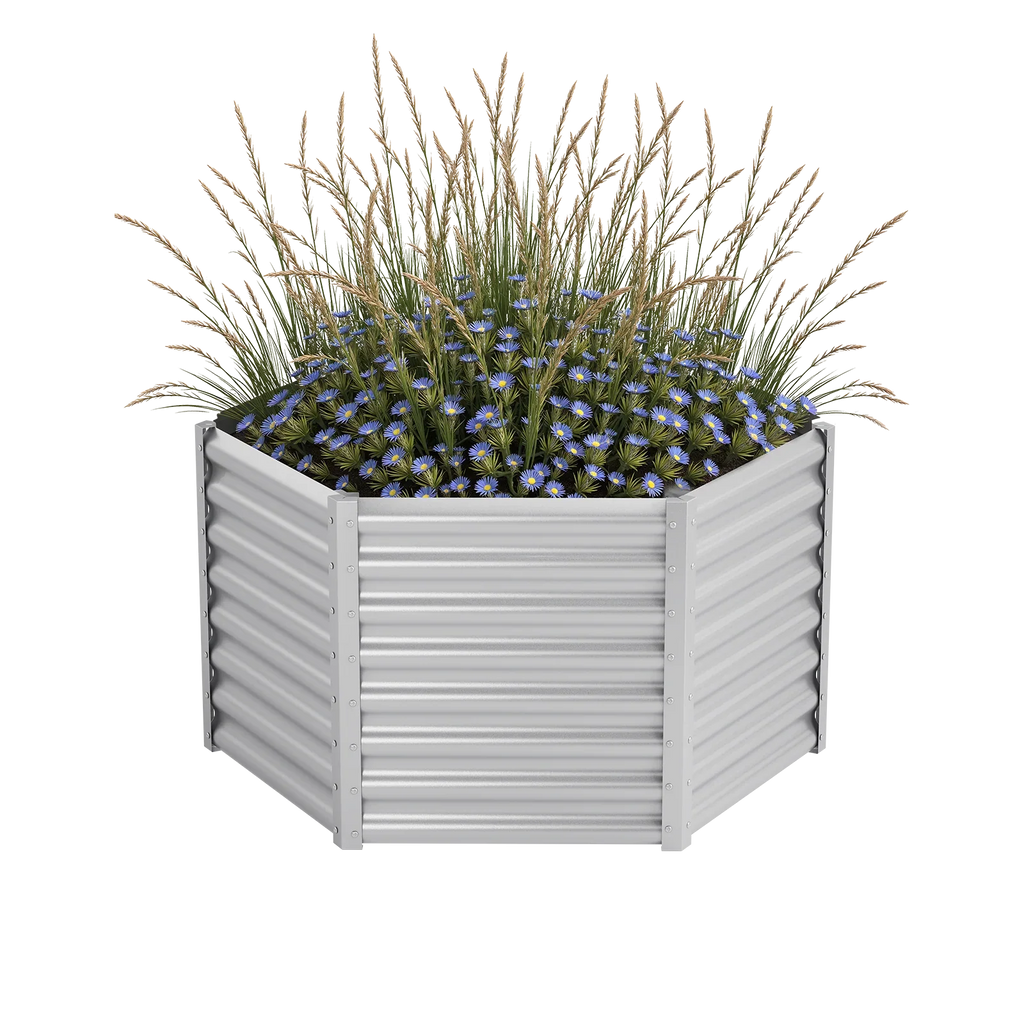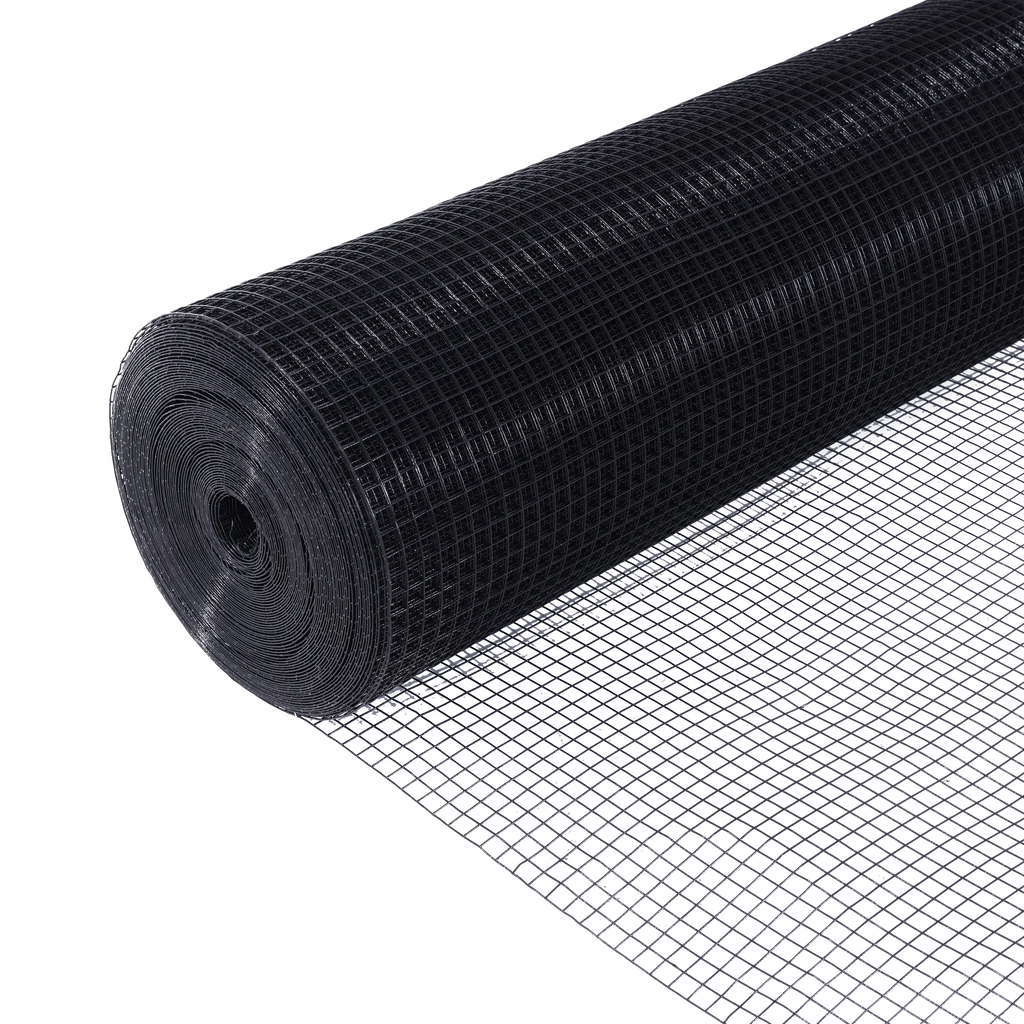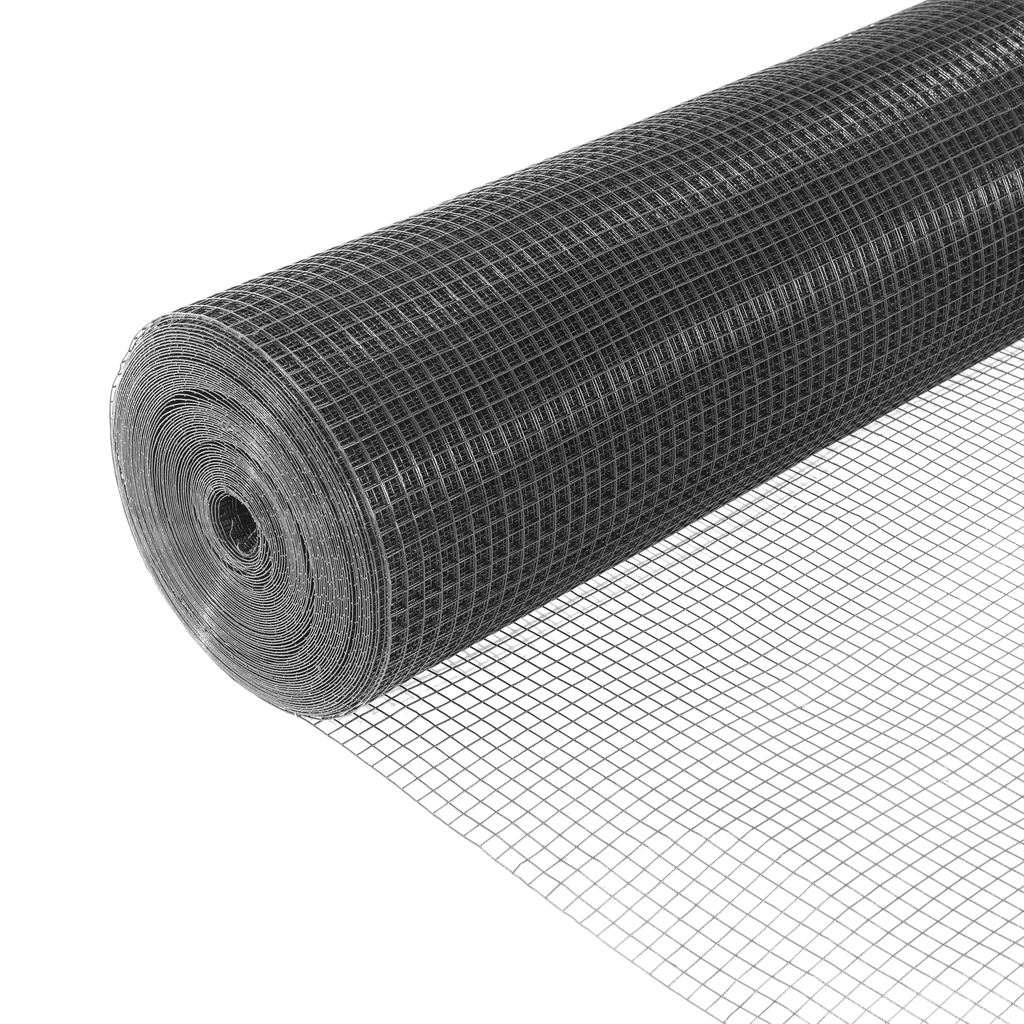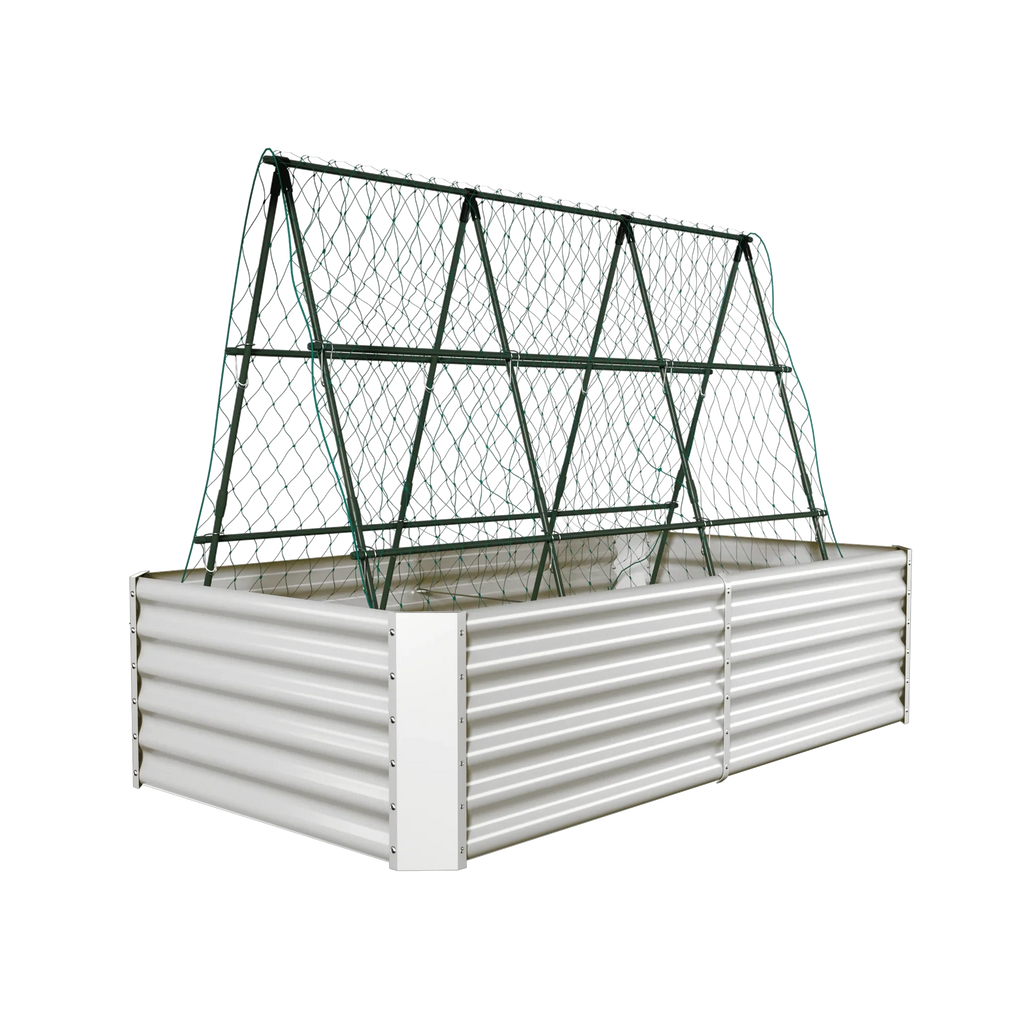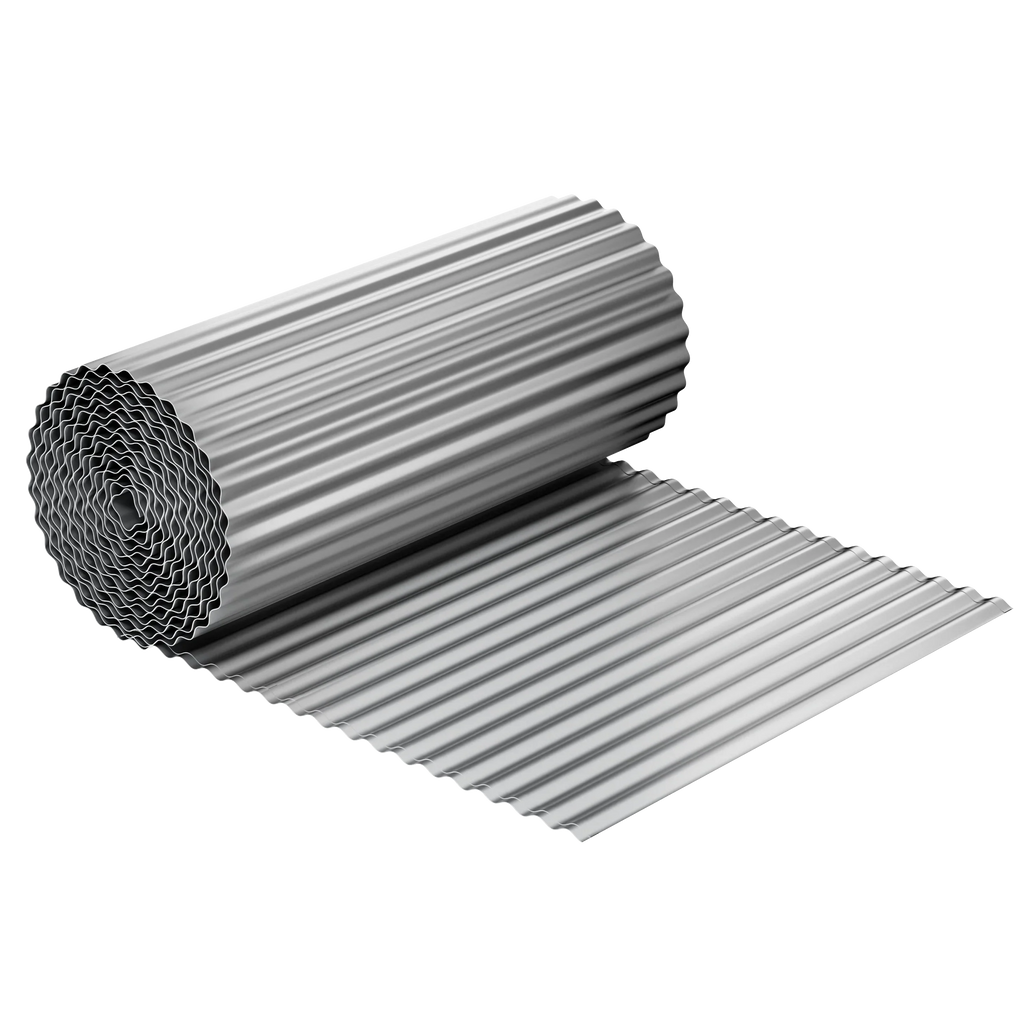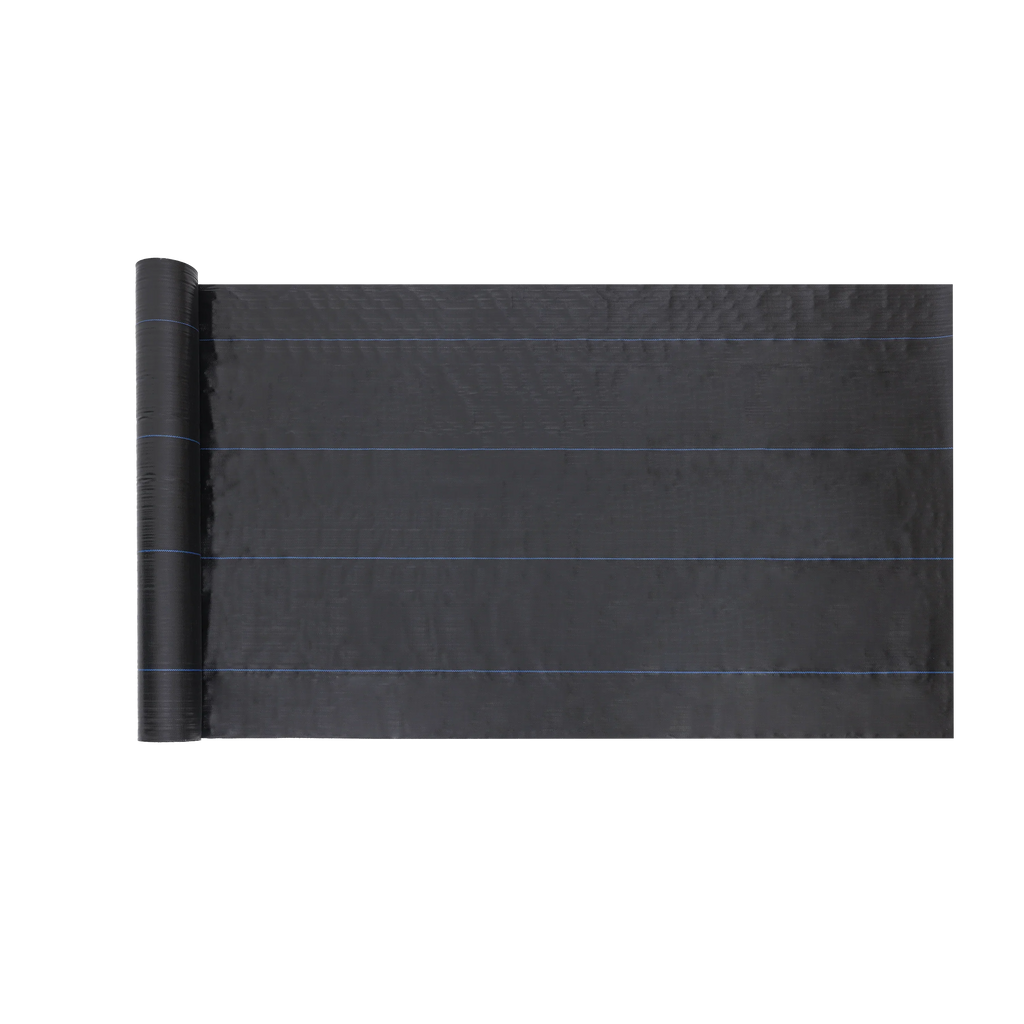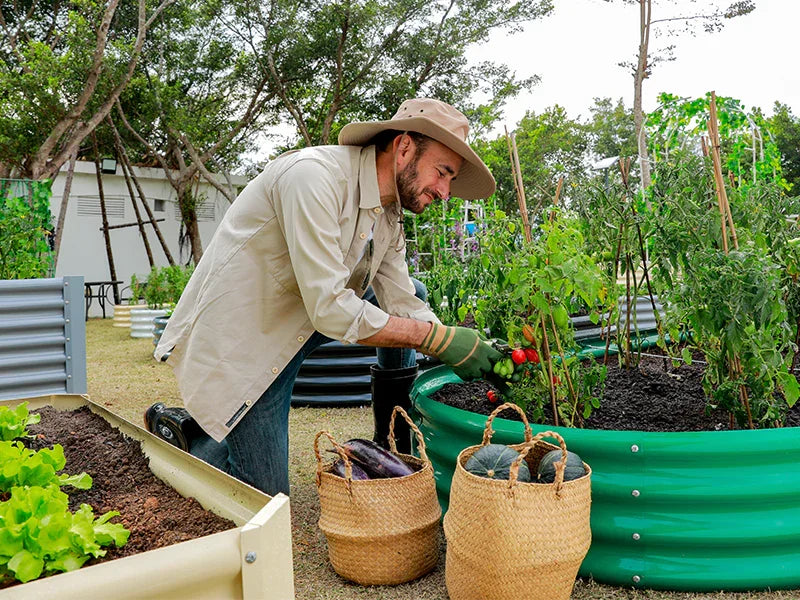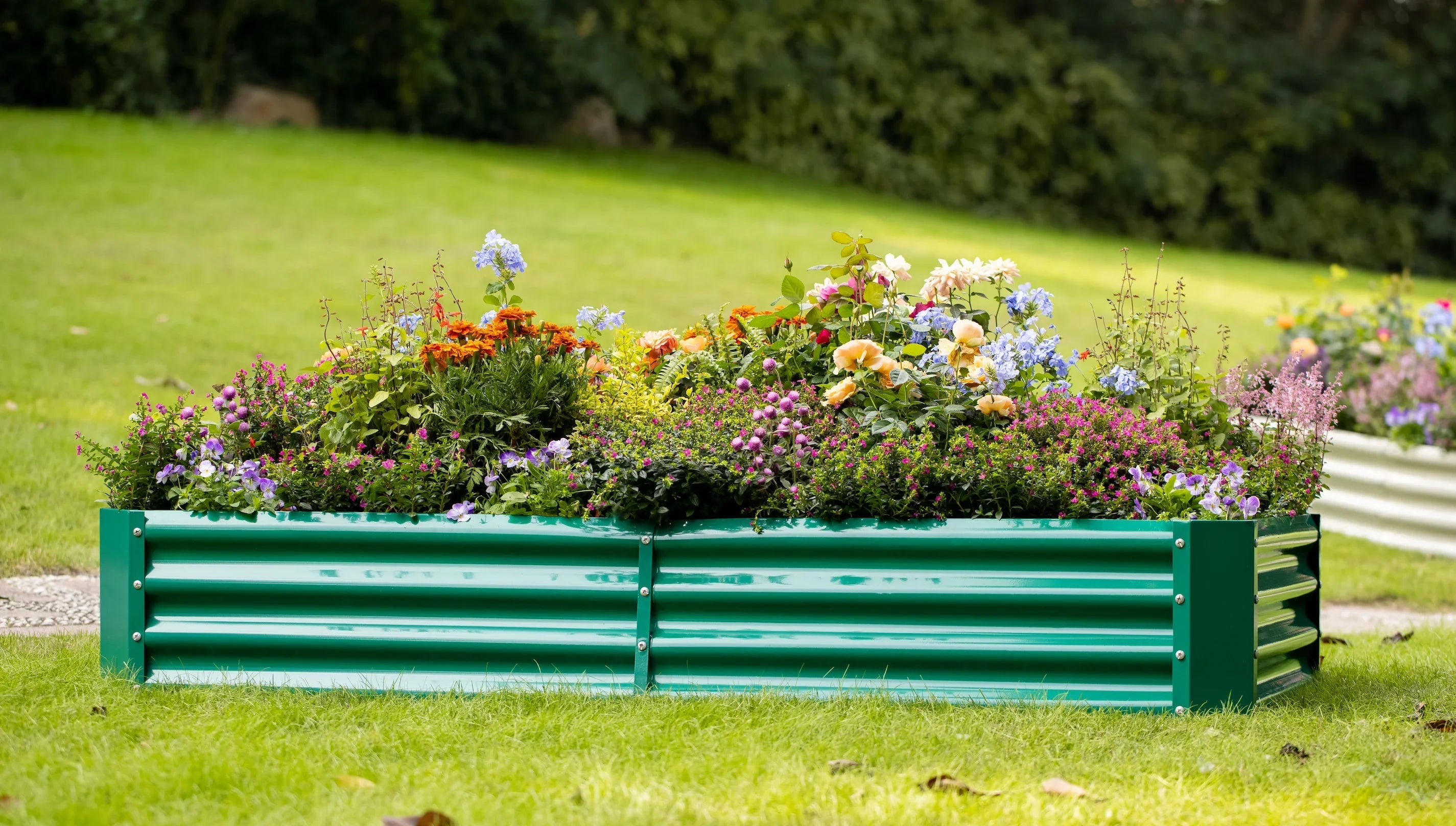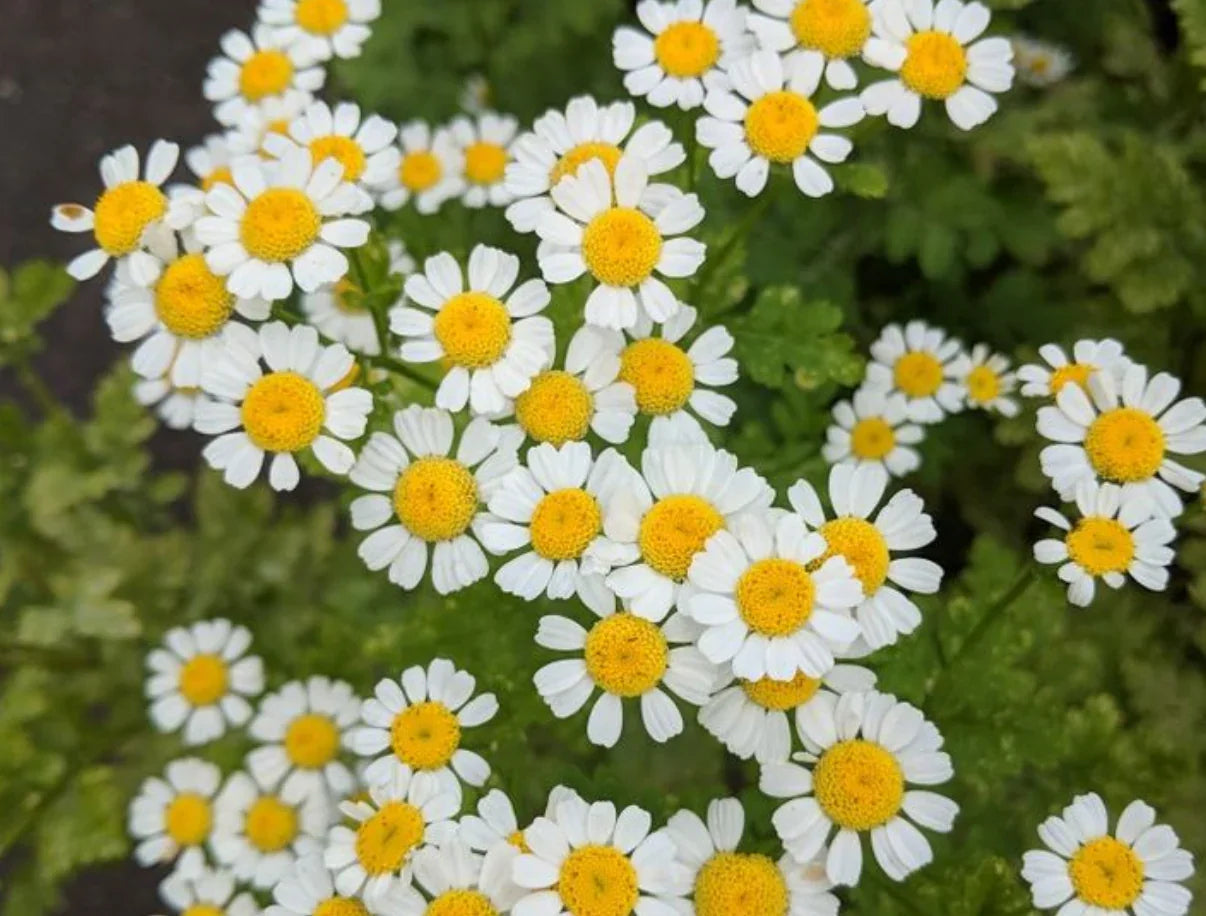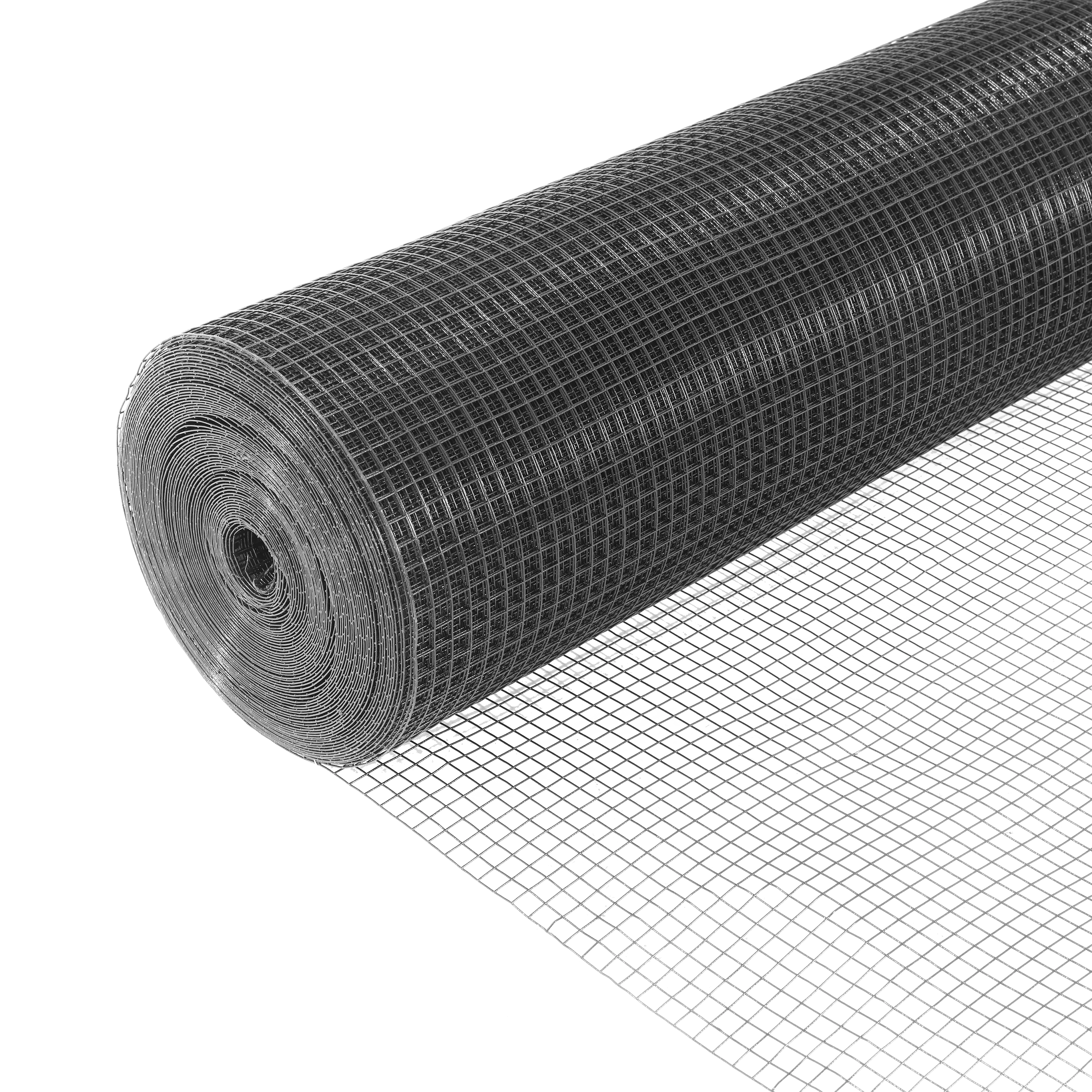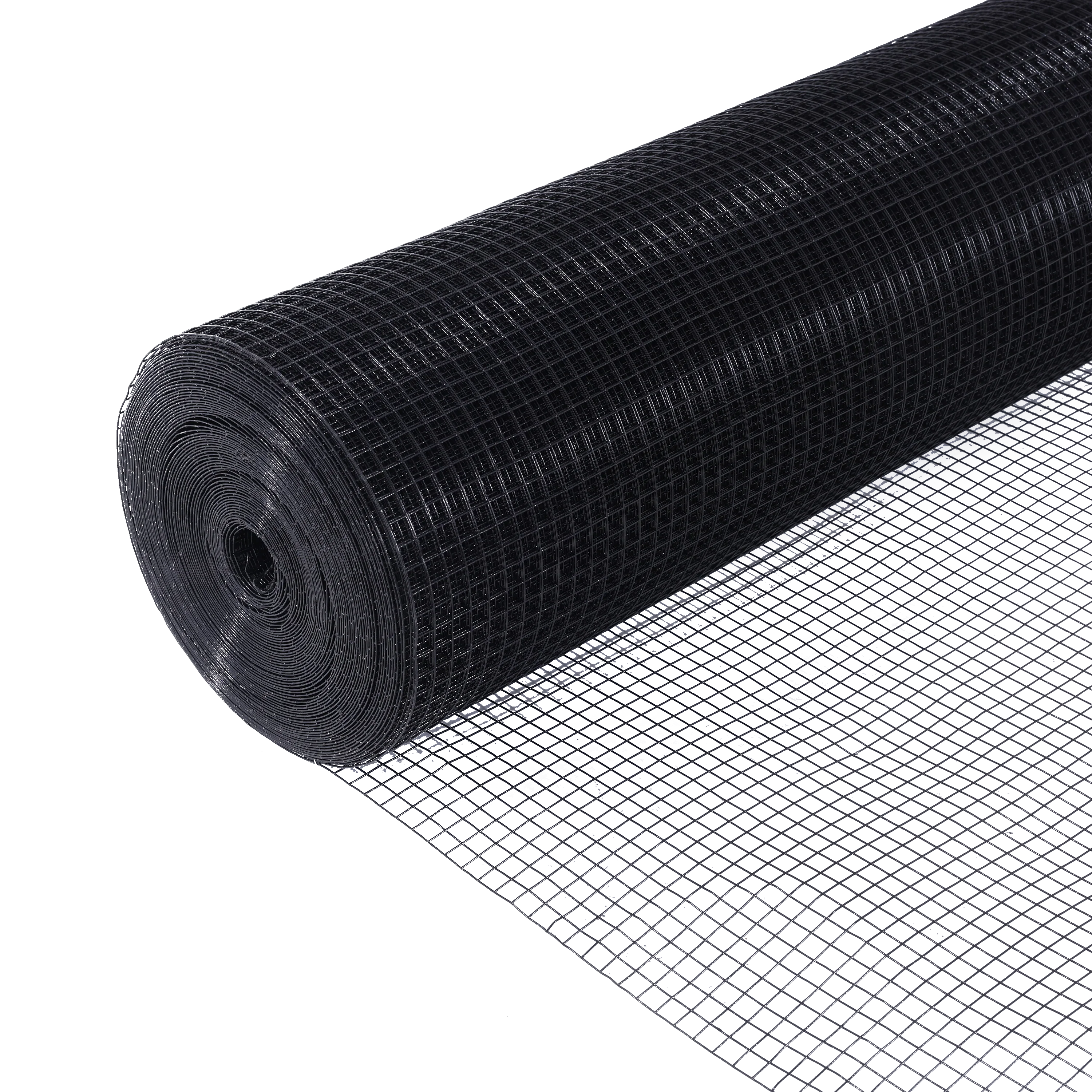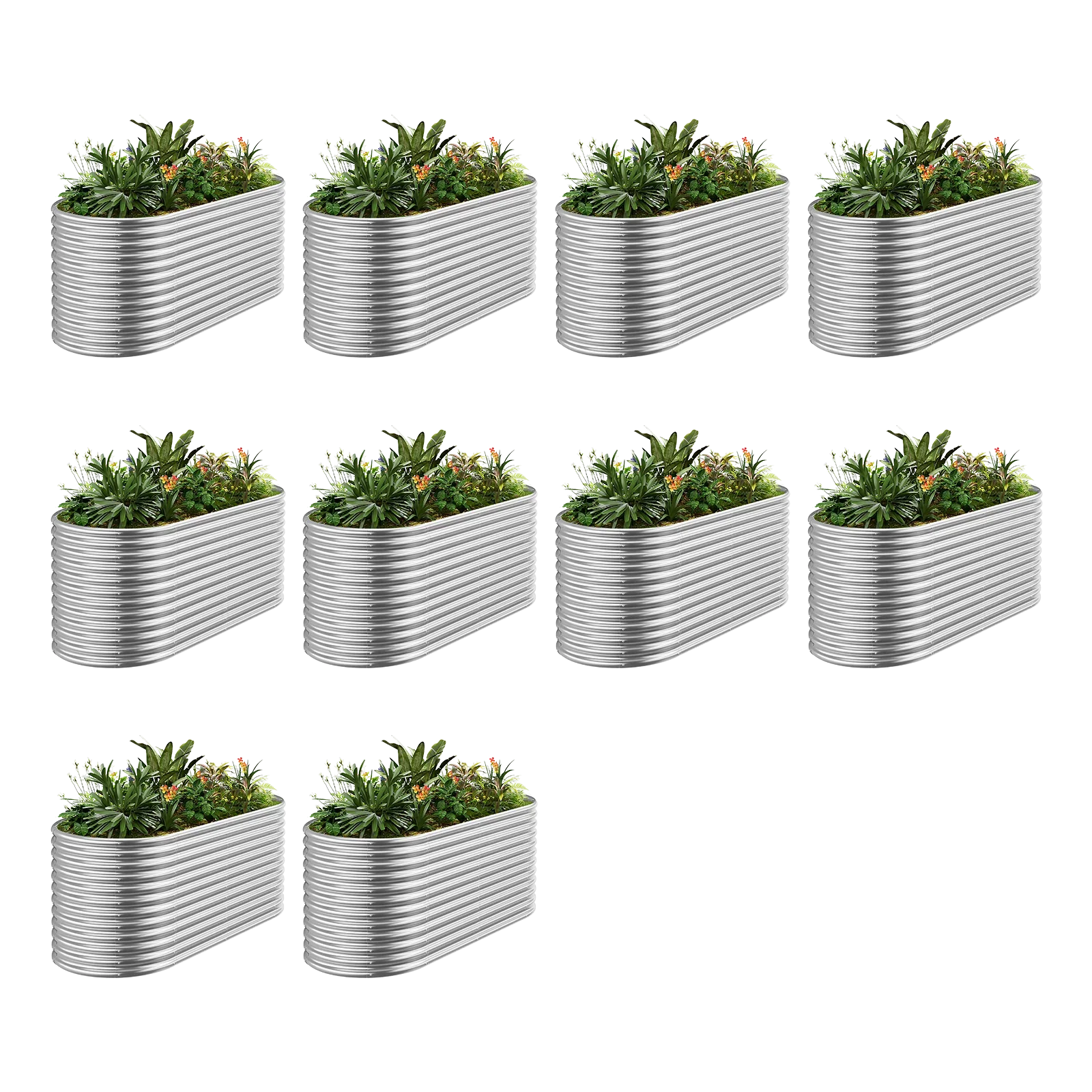Introduction
Chemical pesticides may eliminate pests quickly, but they also harm beneficial insects, soil health, and even your family’s well-being. Fortunately, organic pest control offers a safer, sustainable way to protect your garden. In this guide, we’ll explore natural pest deterrents, companion planting strategies, and Landguard’s eco-friendly solutions to keep your plants thriving—without toxic chemicals.
Why Choose Organic Pest Control?
Before reaching for harsh sprays, consider these benefits of natural pest management:
✔ Safer for pollinators (bees, butterflies, and ladybugs)
✔ Protects soil microbes for long-term garden health
✔ No harmful residues on edible plants
✔ Sustainable and cost-effective
Landguard’s Commitment: Our plant-based pest repellents and beneficial insect habitats support a balanced ecosystem.
Top 5 Organic Pest Control Methods
1. Companion Planting (Nature’s Pest Repellent)
Certain plants naturally repel pests or attract their predators. Try these combinations:
| Pest | Companion Plant | How It Helps |
|---|---|---|
| Aphids | Marigolds, Garlic | Strong scent deters insects |
| Slugs & Snails | Rosemary, Thyme | Creates a barrier |
| Tomato Hornworms | Basil | Masks scent of host plants |
| Cabbage Moths | Nasturtiums | Acts as a trap crop |
Landguard Tip: Use our herb garden starter kit to grow pest-repelling plants easily.
2. DIY Natural Pest Sprays
Homemade solutions are effective and chemical-free:
-
Neem Oil Spray (for aphids, mites, mildew)
-
Mix 2 tsp neem oil + 1 tsp liquid soap + 1 quart water.
-
Spray on leaves (avoid midday sun).
-
-
Garlic & Chili Spray (for beetles, caterpillars)
-
Blend 2 garlic bulbs + 2 hot peppers + 1 quart water.
-
Strain and spray on affected plants.
-
Landguard’s Organic Insecticidal Soap is a ready-to-use alternative for busy gardeners.
3. Encourage Beneficial Insects
Not all bugs are bad! Attract these natural predators:
-
Ladybugs – Devour aphids.
-
Lacewings – Feed on mites and whiteflies.
-
Ground Beetles – Hunt slugs and cutworms.
Landguard’s Bee & Butterfly Habitat helps sustain pollinators while keeping pests in check.
4. Physical Barriers & Traps
-
Row Covers – Protect seedlings from flying pests.
-
Copper Tape – Stops slugs and snails.
-
Sticky Traps – Catches whiteflies and fungus gnats.
Landguard’s Garden Mesh Netting shields plants without chemicals.
5. Healthy Soil = Fewer Pests
Weak plants attract pests. Boost soil health with:
-
Compost – Improves plant resilience.
-
Crop Rotation – Prevents soil-borne diseases.
-
Mulching – Reduces weed competition.
Landguard’s Organic Compost Enhancer enriches soil naturally.






